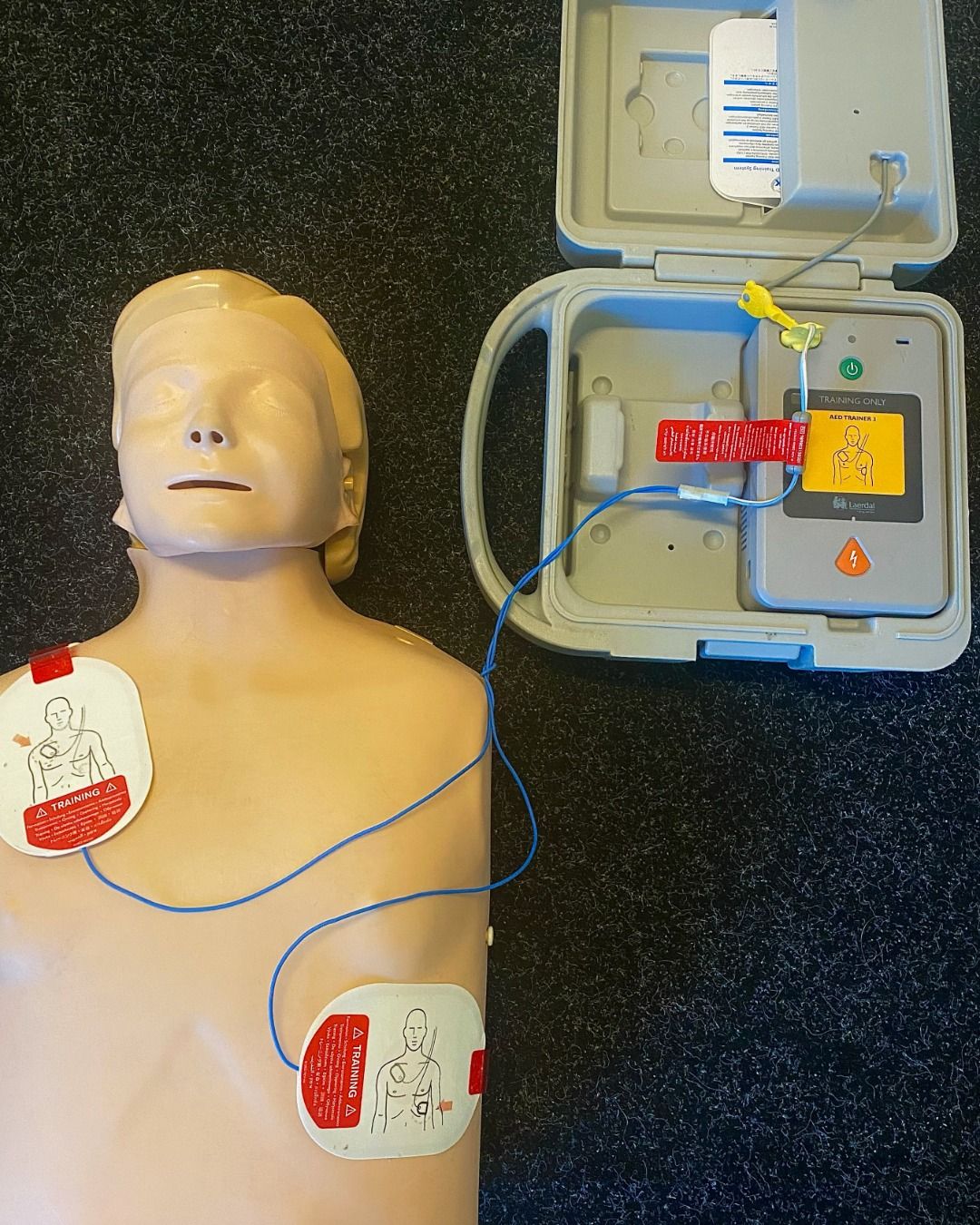Category: mental health

Life after a stroke
A stroke occurs when there is a blood clot or bleeding in a blood vessel, blocking blood flow to the brain. It can affect people of any age and can cause long-term complications. Recovery is possible but depends on the stroke’s severity and a person’s overall health. Life can instantly change after having a stroke,…
Steps to a healthy and happy mind
Easier said than done, but in the current day and age keeping yourself in a positive and healthy mindset is key. Especially with all the negative and stressful situations surrounding all of us. One stop safety training solution want to give you some advice, tips, and steps to take to a healthy and happy mind.…
Sadly, for every 1 person who completes suicide 20 people attempt suicide
Nearly 3000 people on average commit suicide daily, according to Who. For every person who completes a suicide, 20 or more may attempt to end their lives. About one million people die by suicide each year. Suicide is a major preventable cause of premature death which is influenced by psycho-social, cultural, and environmental risk factors…
How big of a problem is drugs and alcohol in the UK?
an estimated 29.2 million people are drinking alcohol weekly and an estimated 313,971 drug users (aged 15 to 64) across the UK, millions of lives are changed by dependency of alcohol and drugs. The mental effects spread like the plague, not just affecting the dependent individual but family, friends, work and health services. Poor mental…
“We are in an era of rising tensions and negative emotions” ―Economist Jeffrey D. Sachs
According to the 2019 World Happiness Report, negative feelings are rising around the world. Everyday life is becoming more mentally challenging in ways it never has before. From lockdowns, addictions, mental health, unsatisfied job, social media, money worries and so many more factors. British people are among the most depressed people in the Western world,…
A shocking 8 out of 10 people with type 2 diabetes are overweight or have obesity
There is a clear link with a person’s health and weight, many people that are overweight in the UK will more than likely suffer with their health because of being overweight. Excess weight, especially obesity, diminishes almost every aspect of health, from reproductive and respiratory function to memory and mood. Obesity increases the risk of…
8 in 100 people will experience anxiety and depression
When does having a bad couple of days or feeling down become depression? Depression interferes with normal day life, your mood makes everyday functioning become extremely difficult for a long period of time. Some feelings you may experience when dealing with depression: Feeling sad or anxious often or all the time, Not wanting to…
Did you know that the leading cause of death in 2020 for ages 5-34 was ‘intentional harm’?
Did you know that the leading cause of death in 2020 for ages 5-34 was ‘intentional harm’? During 2020, when a global pandemic hit 1/3 of adults and young people said their mental health deteriorated from March 2020 when the UK was put into a strict lockdown. People with already existing mental health problems expressed…
